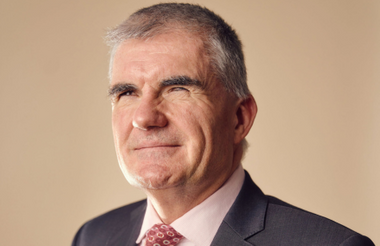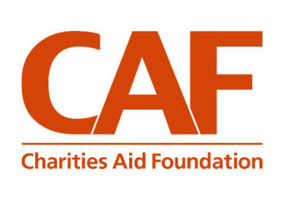Many small charities face an “existential threat” from the coronavirus crisis, the chief executive of the Charities Aid Foundation (CAF) said yesterday.
Neil Heslop was speaking online at an event about the challenges facing UK and US philanthropy, arranged by the think tank NPC.
He also defended the government’s handling of emergency funding for charities during Covid-19, saying that officials had done “a decent job” during a period of such uncertainty.
Threat to small charities
Heslop cited the argument by Mark Carney, former head of the Bank of England, that society was seeing a “rebalancing of priorities”.
But he added that, by placing more emphasis on community values at a time when the charity sector was under such pressure, society faced “a paradox”.
Heslop said: “Society is coming to that realisation [about community values] right at the time here in the UK when a very large proportion of the smaller and community-based organisations are facing an existential threat about their very existence and their ability to contribute.
“For policy-makers right across society, that raises some pretty profound questions.”
He argued that there was a growing consensus about the need “to address financial fragility and infrastructure deficit” in the UK, led by recent work on civil society by former head of the civil service Gus O’Donnell, the new chief executive of the RSA Andy Haldane, and the recent reforms recommended by Danny Kruger MP.
The task now was to “marry up” this work with government’s priorities for helping the country recover from Covid-19, Heslop said.
'The government was reeling'
Heslop also told that event that the £750m package of coronavirus support for charities, managed by the Department for Digital, Culture, Media and Sport (DCMS), felt like “both an important milestone and a disappointment”.
It was “a lot of money”, he said, but added: “When you put it in the context of a £2tn economy it doesn’t feel quite so much.”
Referring to the early months of the coronavirus response, Heslop said: “The practical reality was that the government was reeling.
“It was reeling from a global pandemic of unprecedented impact.
“It was the last £110m of this which DCMS sought to really use for the multiplier effect and really get involvement from philanthropists [through a match-funding competition].
“And our experience of working with them was that that was very effective.”
CAF was given £20m in government funding in October to distribute to charities affected by coronavirus, which will be matched with £20m of CAF's own money later this spring.
‘Decent job’
Heslop said that there had been valid criticism about how quickly DCMS had distributed funding, but that overall “a decent job was done”.
He added: “The critics would say – and I think with some justification – that that was three, six, nine months into the crisis.
“That is a legitimate challenge to government in terms of the speed of its response.
“I have to say, from our perspective of having been part of the group working with them, that there was a huge push and recognition from DCMS about the criticality of getting that cash to the frontline to make a difference very quickly, once it got mobilised.
“I believe that a decent job was done.
“I think that there are all sorts of lessons that we all need to learn from as we have gone through this extraordinary experience.”
Related news












